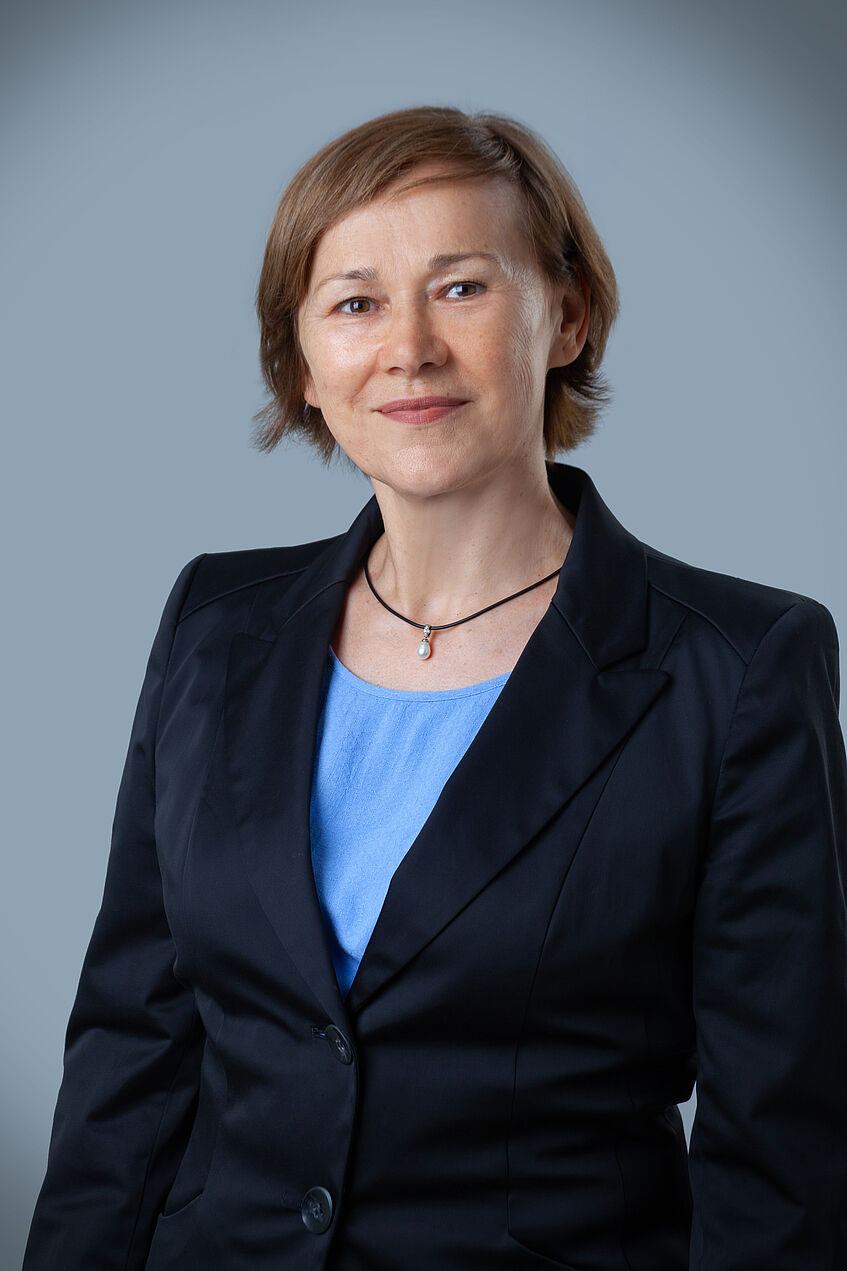Mira Kadrić

Mira Kadrić
Mira Kadrić (ORCID) is professor for Interpreting Studies and Didactics of Translation. She has obtained degrees in interpreting and translation, an interdisciplinary doctorate in interpreting and law, and a habilitation on interpreting studies and didactics of translation at the University of Vienna.
Mira Kadrić’s research focuses especially on empirical work on dialogue interpreting in the legal, political and diplomatic settings, and pedagogical issues of interpreting and translation, drawing on her practical experience as an interpreter for the courts, public services, and political institutions. She has authored or co-authored several monographs, textbooks and dictionaries, edited or co-edited volumes on translation and interpreting and published a number of articles and book chapters on interpreting, translation, and procedural law.
She is the editor of the textbook series Basiswissen Translation. The first textbook in this series, Translatorische Methodik. Basiswissen Translation (Kadric, Kaindl, Kaiser-Cooke, 2004), soon became a standard textbook at German-speaking universities. The textbook has been updated several times; the revised and expanded 6th edition was published in 2019 (with Klaus Kaindl and Karin Reithofer).
In the area of legal interpreting, Mira Kadrić’s work includes transdisciplinary empirical and pedagogical research, and social and ethical issues of interpreting in a superdiverse society. Her recent monograph Gerichts- und Behördendolmetschen aus translatorischer und prozessrechtlicher Perspektive (2019) includes findings from asylum, courtroom and police interpreting, and action research from interpreter training.
Another recent publication is the textbook Diplomatic and political interpreting explained (2021, together with Sylvi Rennert and Christina Schäffner). It focuses on interaction and communicative behaviour in diplomatic relations over the centuries and today. It draws on extensive interviews with interpreters, diplomats and politicans to analyse the expectations and realities of interpreting in diplomatic and political communication.
In addition to her teaching and research, she has developed several postgraduate courses for interpreting at the University of Vienna.
